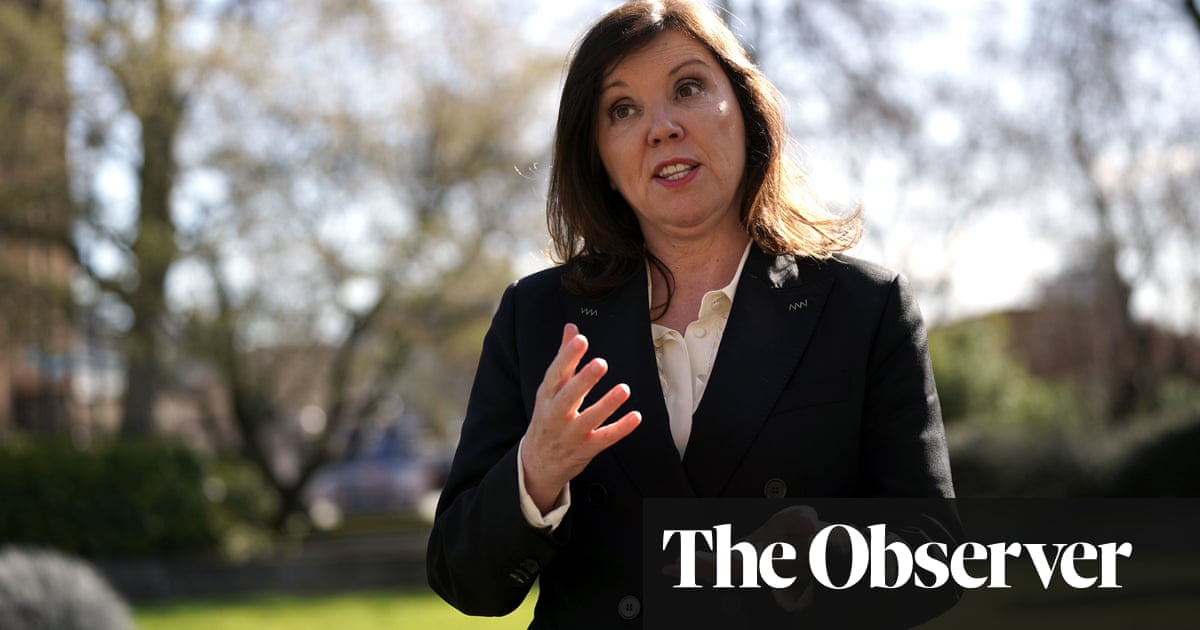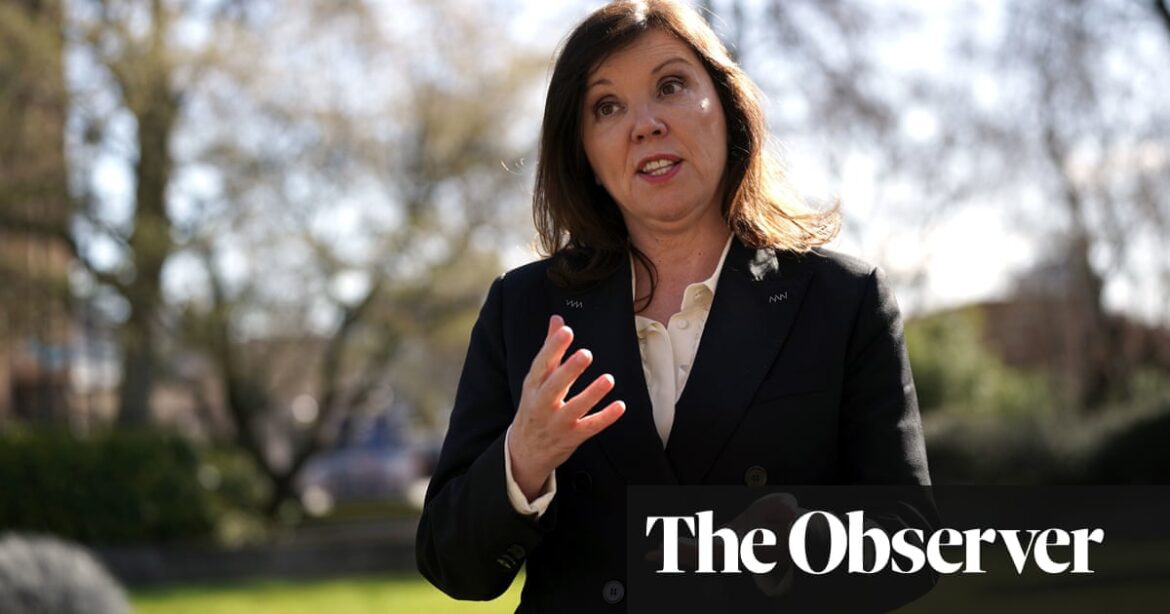
Ministers must ban smacking now, the children’s commissioner for England has said, in her strongest intervention yet on child safety.
Rachel de Souza said that banning smacking was “a necessary step” to keep children safe, and that bans in Scotland and Wales had “taught us we need to take that step in England too”, adding “now is the time to go further”.
The commissioner made her comments to the Observer after the start last week of the trial of three relatives for the murder of Sara Sharif, the 10-year-old who died after allegedly suffering two years of abuse by her father, stepmother and uncle.
The Scottish parliament made it illegal to use corporal punishment against children in November 2020, and the Welsh assembly introduced a similar ban, giving children equal protection to adults, in March 2022.
Yet in England and Northern Ireland parents remain able to smack their children so long as it is considered a reasonable punishment. The Children’s Act of 2004 allowed parents to claim a defence of “reasonable chastisement” if prosecuted.
Last week, William Emlyn Jones KC, prosecuting, told the Old Bailey that Urfan Sharif had made a call from Pakistan to Surrey police saying he had “legally punished” his daughter. The trial continues this week.
De Souza said that more needed to be done “to keep every child safe from harm”.
“That includes violence by adults, including parents, towards children,” she said. “We have seen too many cases where children have been harmed and died at the hands of the people who should love and care for them most. A ban on smacking is a necessary step to keep children safe and to stop lower-level violence from escalating.”
De Souza said children had told her about the impact of physical violence on them. “I abhor violence of any kind against children,” she said. “Children are more vulnerable than adults, so we need to ensure that they are protected, and their rights are supported.
“Scotland and Wales have already banned the physical punishment of children, so we’ve been able to watch and learn how the legislation has been embedded. It has taught us we need to take that step in England too.
“There are already protections for children enshrined in law in England, but now is the time to go further. If we are to make sure every child lives a life of opportunity and happiness, we must start with safety.
after newsletter promotion
“How we treat and protect children says something fundamental about a society – banning the reasonable chastisement defence is an important step in making sure every child’s rights are not just met but valued.”
De Souza’s comments in the light of child protection organisations including the NSPCC, Barnardo’s and the Royal College of Paediatrics and Child Health (RCPCH) having repeatedly said that children should have the same protection as adults.
Anna Edmundson, head of policy and public affairs at the NSPCC, said it supported the commissioner’s call: “In the last year, contacts to our helpline from adults who have concerns about physical punishment have tripled. There is also mounting evidence that physically disciplining children can be damaging.” The RCPCH said that children who suffered physical punishment were more likely to develop mental health problems and experience serious abuse. In April, Prof Andrew Rowland, the RCPCH’s child protection officer, said the existing law created a loophole, and children were sometimes hit with belts, spoons or phone-charging cables.
Yet many senior politicians have resisted the idea of equal protection from violence for children and adults. In 2022 Nadhim Zahawi, then education secretary, said his wife gave his daughter the occasional “light smack”.
Former prime minister Boris Johnson said parents should “always” get the benefit of the doubt. The foreign secretary, David Lammy, suggested after the 2012 riots that tightening up the law in 2004 had been a mistake.
Source: theguardian.com



